Information from the Vietnam Pepper and Spices Association said that the US President Donald Trump The Government recently signed an Executive Order amending the scope of application of reciprocal taxes announced in April this year. Accordingly, a number of eligible agricultural products will be removed from the list of reciprocal taxes, meaning they will no longer be subject to the previous additional tax. The list includes coffee and tea; tropical fruits and juices; cocoa and spices; bananas, citrus fruits, tomatoes, etc. The new regulation takes effect from November 13.
The US side explained that the tax exemption was made after bilateral trade negotiations made progress. This shows that the US has shifted from a strong defensive trend to a flexible approach, aiming to stabilize domestic supply and consumer prices. For Vietnam, a country with strengths in pepper, coffee and vegetables, this is an important opportunity to increase its presence in a market of more than 350 million people.
Representatives of the Vietnam Pepper and Spices Association (VPSA) assessed this as a positive signal for the spice product group, which has been affected by reciprocal taxes since April 2025. Tax exemption helps reduce cost pressure, increase competitiveness and create conditions to regain market share in the US market, if businesses meet the correct import standards. However, VPSA emphasized that reciprocal tax exemption does not mean total exemption of import taxes, and SPS standards, traceability, residue indicators and food safety are still key technical barriers.

Pepper exports in the first 10 months of this year recorded very positive results. Vietnam exported 206,427 tons, reaching 1.3 billion USD The value increased sharply despite a slight decrease in output. The US continued to be the largest market with 44,262 tonnes, accounting for more than 21% of total exports. This development shows that US buyers are willing to pay higher prices for high-standard products, and the reciprocal tax exemption is expected to create momentum for the recovery of export volume to the US in the coming months.
Regarding coffee, the response from businesses and associations is cautious. Mr. Nguyen Nam Hai - Chairman of the Vietnam Coffee and Cocoa Association (VICOFA) said that the US-Brazil trade tensions had previously led observers to predict that the "coffee flow into the US" would shift in favor of Vietnam.
With the US exempting reciprocal tariffs, the situation has almost returned to a state of relative balance. “Recently, speculators have dumped their goods, causing international coffee prices to fall, but that is only a temporary reaction. The medium and long-term trend remains positive because supply is lower than demand,” Mr. Hai shared.
VICOFA leaders said that tax incentives could help businesses increase the proportion of processed coffee exports, but also emphasized that the US market has never been easygoing in terms of labeling standards, chemical residues or testing.
A representative of Vina T&T Group - one of the largest fruit exporters to the US - said that the US's exemption from reciprocal tariffs will create a "strong catalyst" for the fruit and vegetable industry to increase its export growth in the coming time. Orders to the US have increased again this year, especially in the groups of mango, fresh coconut, packaged longan and fruit juice.
According to Vina T&T, just a few percent difference in the corresponding tax is enough to make importers change their supply sources. With the tax barrier removed, many US partners have restarted negotiations and proposed expanding distribution quotas. However, Vina T&T representatives affirmed that tax incentives only create opportunities, while standards are the deciding factor in the ability to stand firm in the market. This depends on the ability of Vietnamese enterprises to comply with standards.
Figures from the Vietnam Fruit and Vegetable Association show that in the first 10 months of this year, fruit and vegetable export turnover reached 7.09 billion USD , up about 15.1% over the same period, in which the US is one of the fastest growing markets. This shows that tax incentives from the US can become a catalyst to help the Vietnamese fruit and vegetable industry get closer to the target of exceeding 8-8.5 billion USD. in 2025.
Source: https://baoquangninh.vn/mien-thue-doi-ung-nong-san-viet-co-co-hoi-tang-xuat-khau-sang-my-3384877.html












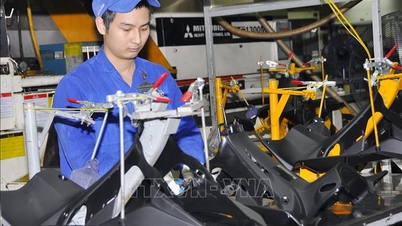



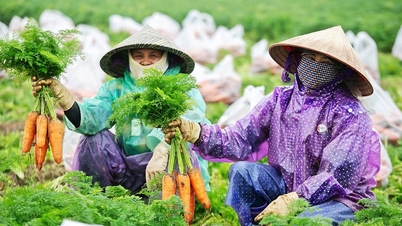







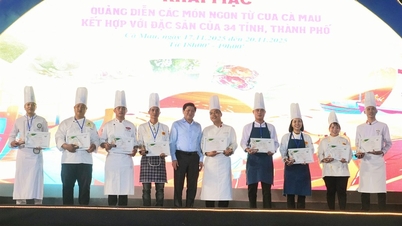





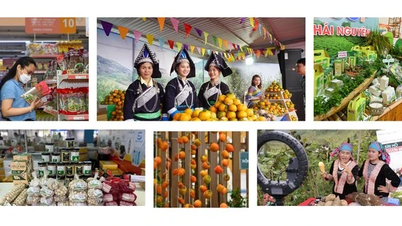














![[Photo] General Secretary To Lam and National Assembly Chairman Tran Thanh Man attend the 80th Anniversary of the Traditional Day of the Vietnamese Inspection Sector](https://vphoto.vietnam.vn/thumb/1200x675/vietnam/resource/IMAGE/2025/11/17/1763356362984_a2-bnd-7940-3561-jpg.webp)





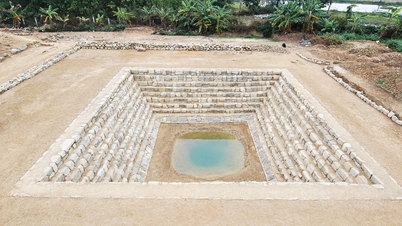

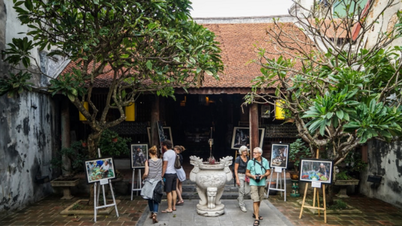
















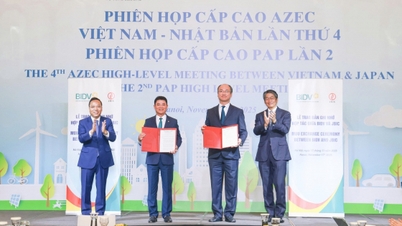




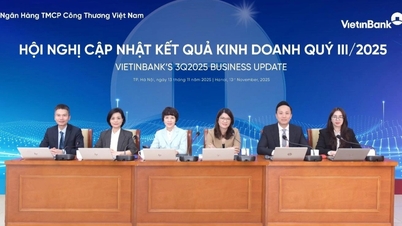







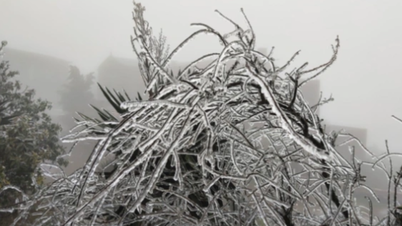









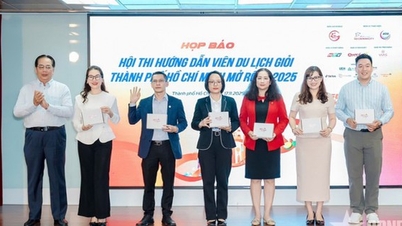

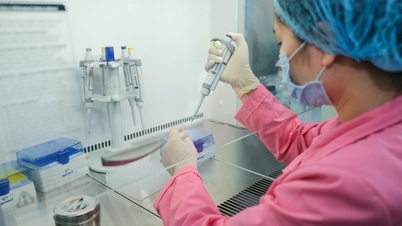

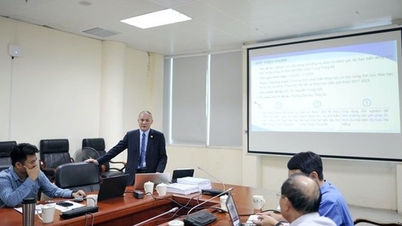




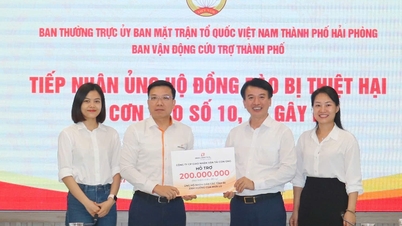


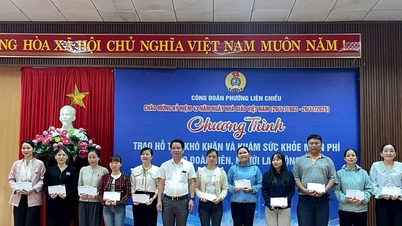














Comment (0)